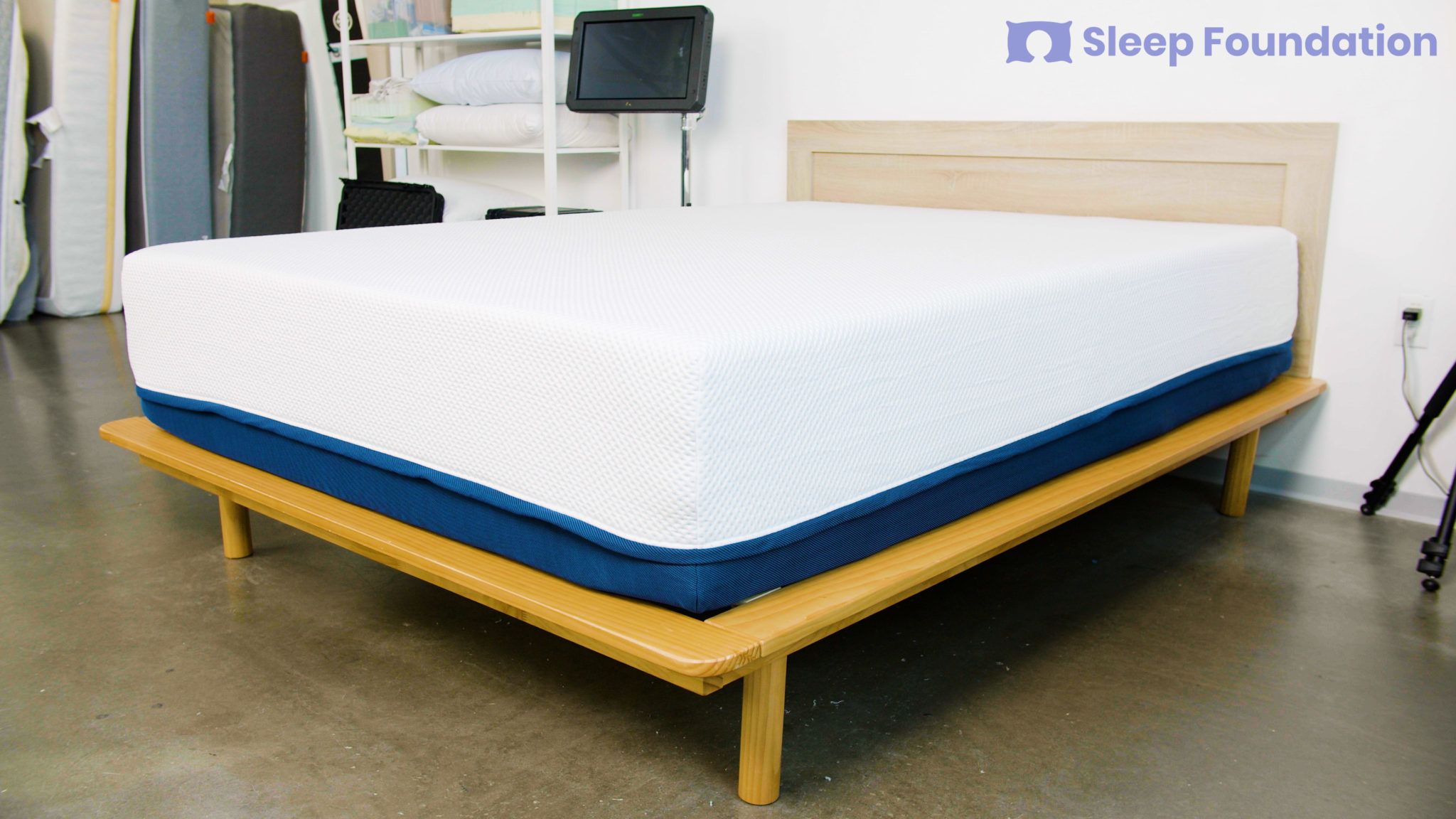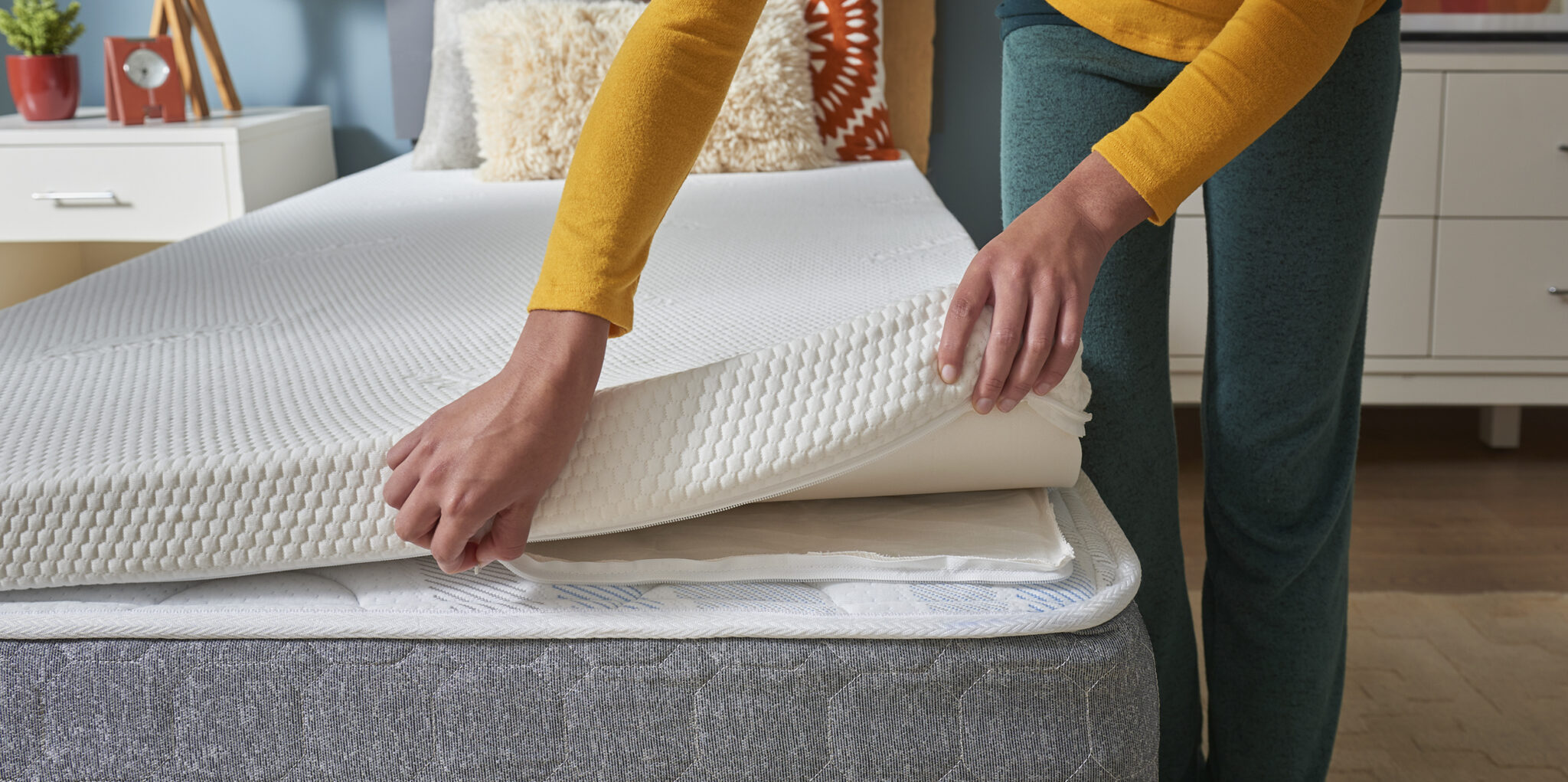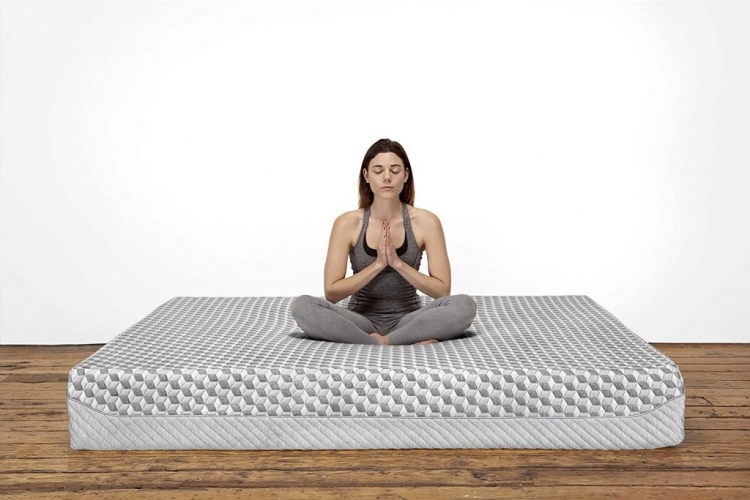Back pain is a common complaint among adults, and one of the main culprits could be your mattress. While a soft mattress may seem like a comfortable choice, it could actually be causing or exacerbating your back pain. When you sleep on a mattress that is too soft, your body may sink too deeply into the surface, causing your spine to become misaligned. This can lead to back pain and discomfort, making it difficult to get a good night's rest.1. Back Pain Relief: Sleeping on a Mattress That is Too Soft
When it comes to choosing the right mattress, it's important to consider your sleeping position. Side sleepers may prefer a softer mattress, while back and stomach sleepers may benefit from a firmer surface. If you're a combination sleeper, meaning you switch between positions throughout the night, a medium-firm mattress may be the best choice for you.2. How to Choose the Right Mattress for Your Sleeping Position
Sleeping on a soft mattress not only contributes to back pain, but it can also have other negative effects on your health. A mattress that is too soft does not provide enough support for your body, leading to poor spinal alignment and pressure points. This can lead to muscle tension, joint pain, and a disrupted sleep cycle.3. The Dangers of Sleeping on a Mattress That is Too Soft
If you find yourself stuck with a soft mattress, there are some steps you can take to improve your sleep quality. Adding a mattress topper can provide a bit more support and firmness to the surface. Additionally, making sure to stretch and move your body before bed can help alleviate any muscle tension caused by the soft mattress.4. Tips for Improving Sleep on a Soft Mattress
Proper spinal alignment is crucial for a good night's sleep and overall health. When your spine is properly aligned, your body can relax and repair itself during sleep. However, when your spine is not in its natural position, it can cause discomfort and pain. A mattress that is too soft can throw off this alignment, leading to aches and pains.5. The Importance of Proper Spinal Alignment While Sleeping
If you're unsure if your mattress is too soft, there are a few signs to look out for. First, pay attention to how your body feels in the morning. If you consistently wake up with back pain or discomfort, your mattress may be too soft. You can also check the firmness level of your mattress by pressing down on it. If your hand sinks in too easily, it may be too soft.6. How to Tell if Your Mattress is Too Soft for You
While a soft mattress may seem like the ultimate comfort, a firm mattress can actually provide more benefits for your health. A firm mattress offers better support for your body, keeping your spine in proper alignment and reducing pressure points. It can also improve circulation and provide a more restful sleep.7. The Benefits of Sleeping on a Firm Mattress
There are many misconceptions about mattress firmness that can lead people to choose a mattress that is not right for them. Some may believe that a softer mattress is always better, but this is not the case for everyone. It's important to consider your sleeping position and personal preferences when choosing the firmness level of your mattress.8. Common Misconceptions About Mattress Firmness
If you're unable to switch to a firmer mattress, there are some steps you can take to make your current mattress more supportive. Adding a mattress topper, as mentioned before, can provide some extra support. You can also try placing a plywood board between your mattress and box spring to add more firmness to the surface.9. How to Make a Soft Mattress More Supportive
For side sleepers who suffer from back pain, a medium-firm mattress can provide the best support. This type of mattress offers enough cushioning for your shoulders and hips while still keeping your spine properly aligned. It's important to test out different mattresses and find the one that works best for your body and sleep needs.10. The Best Mattress for Side Sleepers with Back Pain
The Negative Effects of Sleeping on a Mattress That is Too Soft

Introduction
 When it comes to creating a comfortable and welcoming bedroom, the type of mattress you choose is crucial. A good night's sleep is essential for our physical and mental well-being, and our mattress plays a significant role in achieving that. While everyone has different preferences when it comes to mattress firmness,
sleeping on a mattress that is too soft
can have negative effects on our health. Let's dive deeper into the consequences of choosing a mattress that is too soft and how it can impact our overall quality of sleep.
When it comes to creating a comfortable and welcoming bedroom, the type of mattress you choose is crucial. A good night's sleep is essential for our physical and mental well-being, and our mattress plays a significant role in achieving that. While everyone has different preferences when it comes to mattress firmness,
sleeping on a mattress that is too soft
can have negative effects on our health. Let's dive deeper into the consequences of choosing a mattress that is too soft and how it can impact our overall quality of sleep.
Body Paragraph
 One of the main concerns with sleeping on a mattress that is too soft is the lack of proper support it provides. Our body weight needs to be evenly distributed and supported while we sleep, and a soft mattress may not be able to provide that. This can lead to improper alignment of the spine, resulting in back pain and discomfort. Our spine needs to maintain its natural S-curve while we sleep, and a mattress that is too soft can cause it to sink, putting pressure on our joints and muscles.
In addition to back pain,
sleeping on a mattress that is too soft
can also lead to poor sleep quality. A soft mattress may feel cozy and comfortable at first, but it can quickly become too warm and cause us to toss and turn throughout the night. This can disrupt our sleep cycles and prevent us from getting the deep, restful sleep we need. Not getting enough quality sleep can leave us feeling tired, irritable, and less productive the next day.
Moreover, a mattress that is too soft can also cause problems for those who suffer from allergies. Soft mattresses tend to trap dust, dead skin cells, and other allergens, creating an unhealthy sleeping environment. This can lead to respiratory issues, such as coughing, sneezing, and difficulty breathing, making it challenging to get a good night's sleep.
In conclusion, while a soft mattress may seem like a comfortable option, it can have adverse effects on our health and sleep quality. To ensure proper support for our body and a restful night's sleep, it is important to choose a mattress with the right firmness level.
Sleeping on a mattress that is too soft
can lead to back pain, poor sleep quality, and allergies, making it essential to consider the firmness level of our mattress when designing our bedroom for optimal comfort and well-being.
One of the main concerns with sleeping on a mattress that is too soft is the lack of proper support it provides. Our body weight needs to be evenly distributed and supported while we sleep, and a soft mattress may not be able to provide that. This can lead to improper alignment of the spine, resulting in back pain and discomfort. Our spine needs to maintain its natural S-curve while we sleep, and a mattress that is too soft can cause it to sink, putting pressure on our joints and muscles.
In addition to back pain,
sleeping on a mattress that is too soft
can also lead to poor sleep quality. A soft mattress may feel cozy and comfortable at first, but it can quickly become too warm and cause us to toss and turn throughout the night. This can disrupt our sleep cycles and prevent us from getting the deep, restful sleep we need. Not getting enough quality sleep can leave us feeling tired, irritable, and less productive the next day.
Moreover, a mattress that is too soft can also cause problems for those who suffer from allergies. Soft mattresses tend to trap dust, dead skin cells, and other allergens, creating an unhealthy sleeping environment. This can lead to respiratory issues, such as coughing, sneezing, and difficulty breathing, making it challenging to get a good night's sleep.
In conclusion, while a soft mattress may seem like a comfortable option, it can have adverse effects on our health and sleep quality. To ensure proper support for our body and a restful night's sleep, it is important to choose a mattress with the right firmness level.
Sleeping on a mattress that is too soft
can lead to back pain, poor sleep quality, and allergies, making it essential to consider the firmness level of our mattress when designing our bedroom for optimal comfort and well-being.



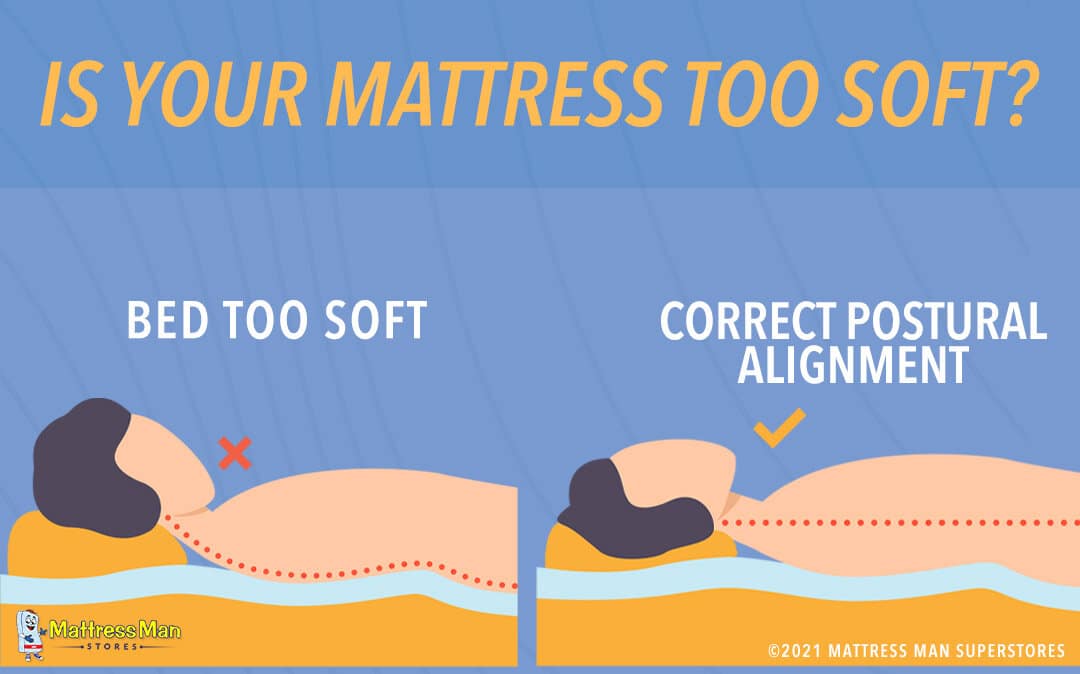


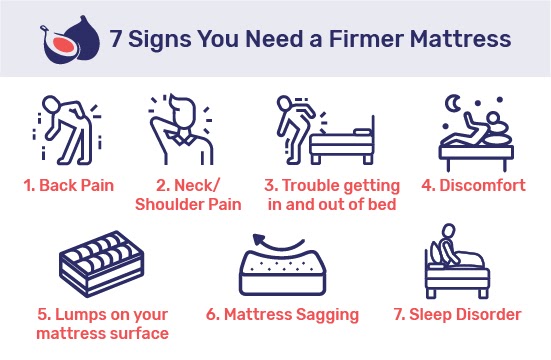

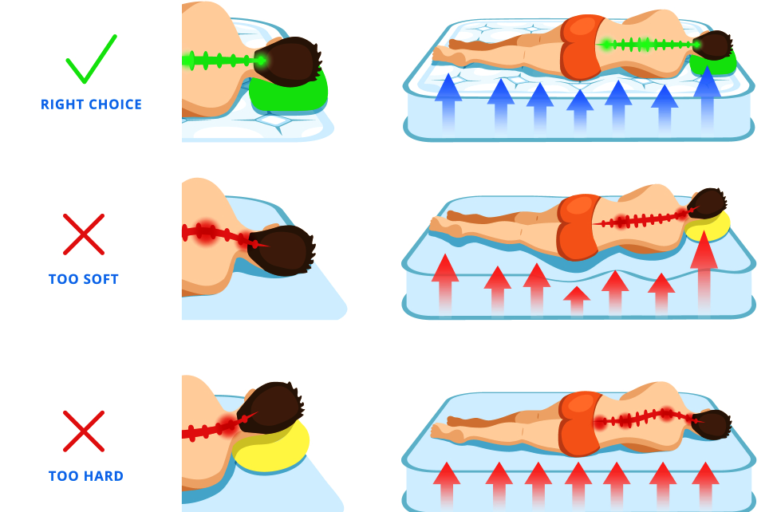








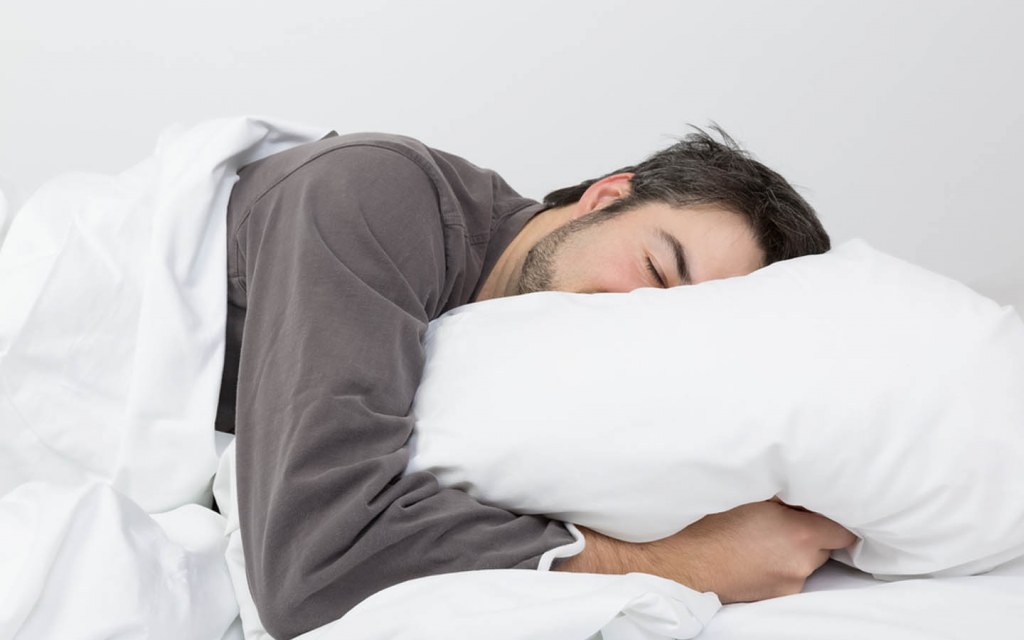

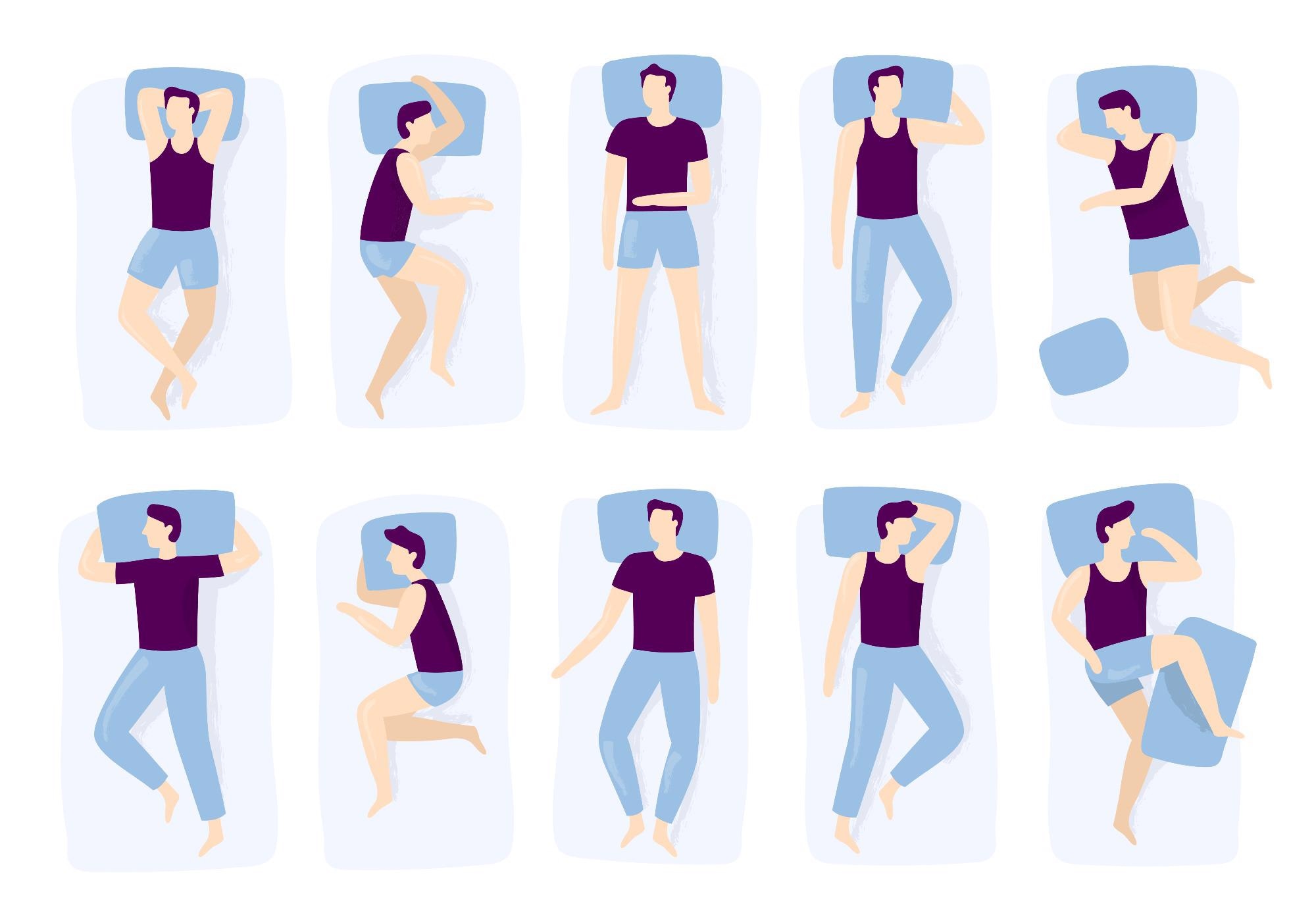











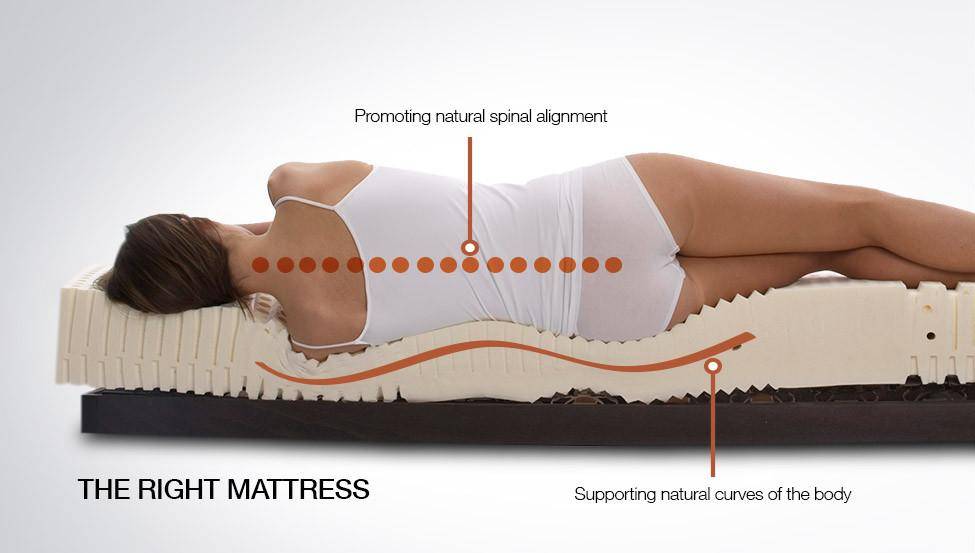

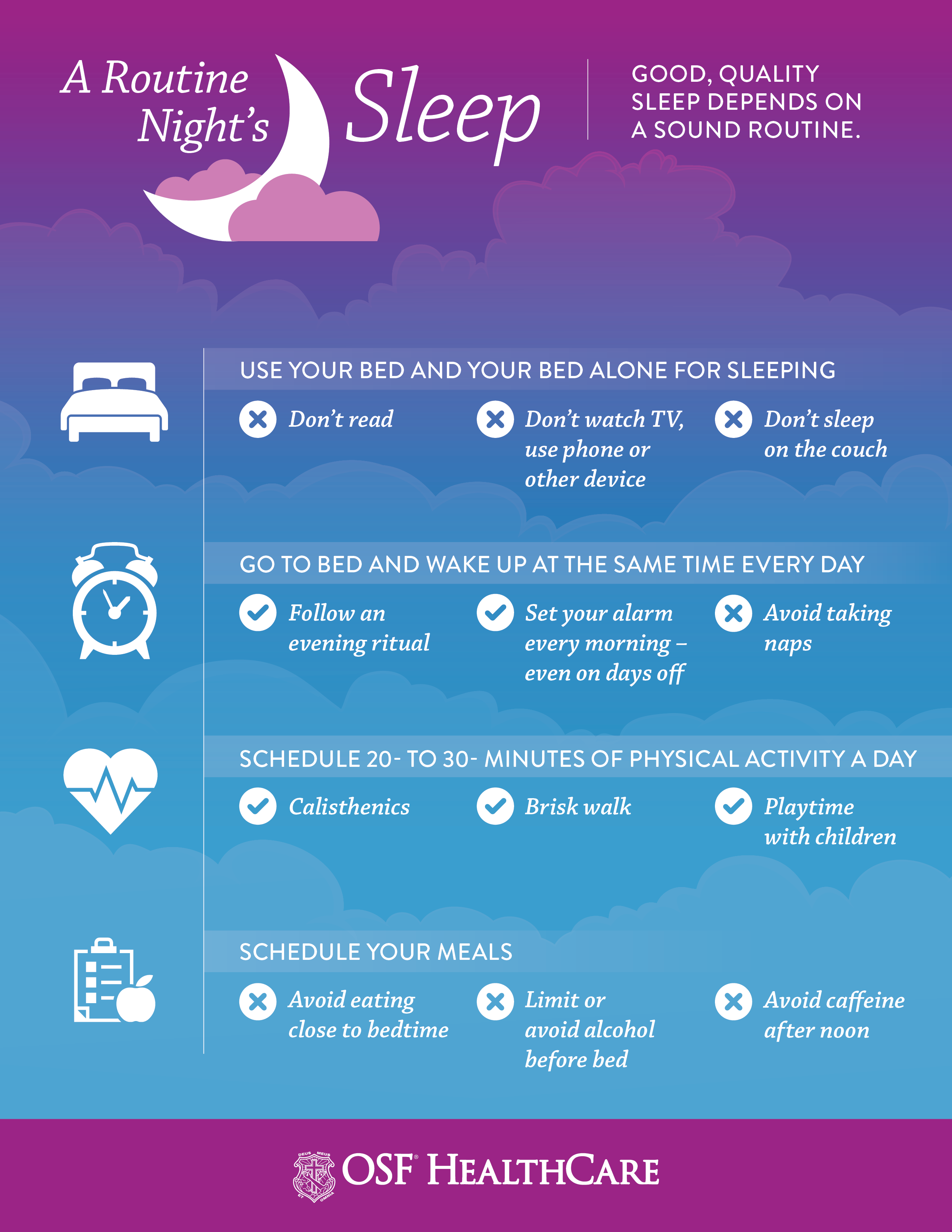



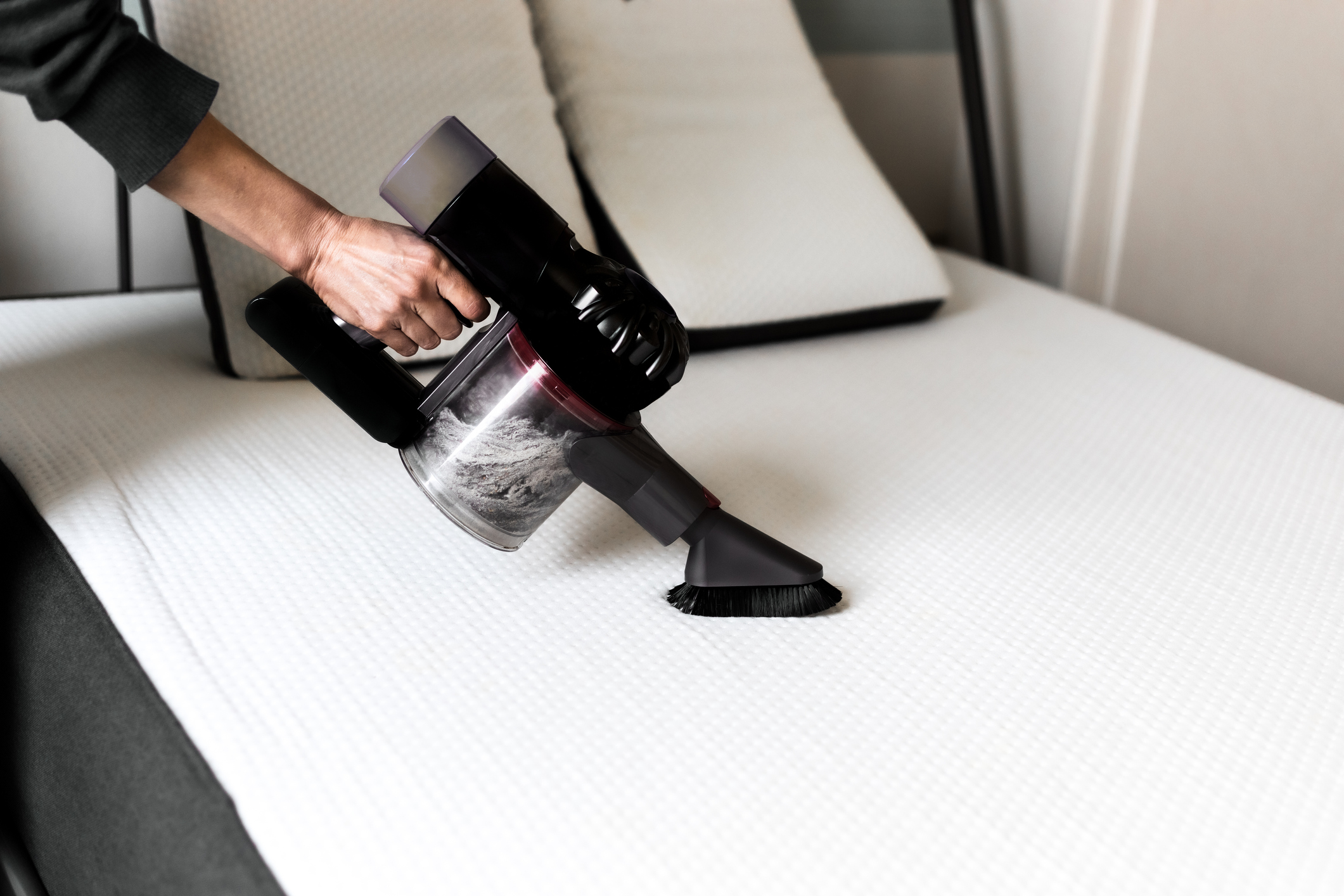
:max_bytes(150000):strip_icc()/how-to-get-better-sleep-5094084-regular-FINAL-2c371001cada4ad391f6de53fc6053c9.png)
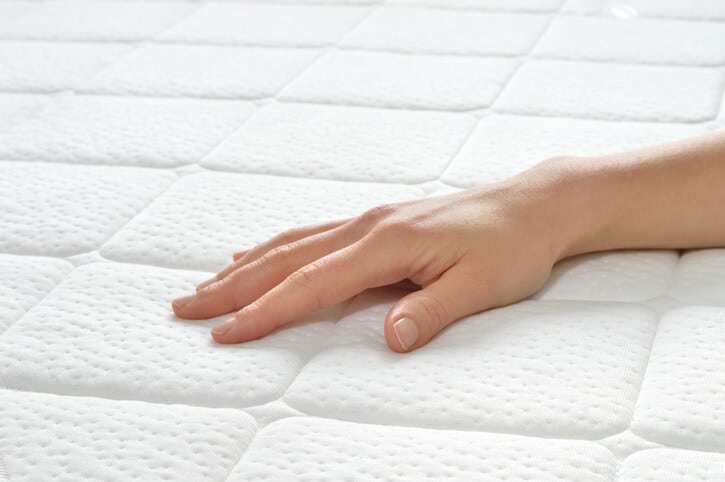







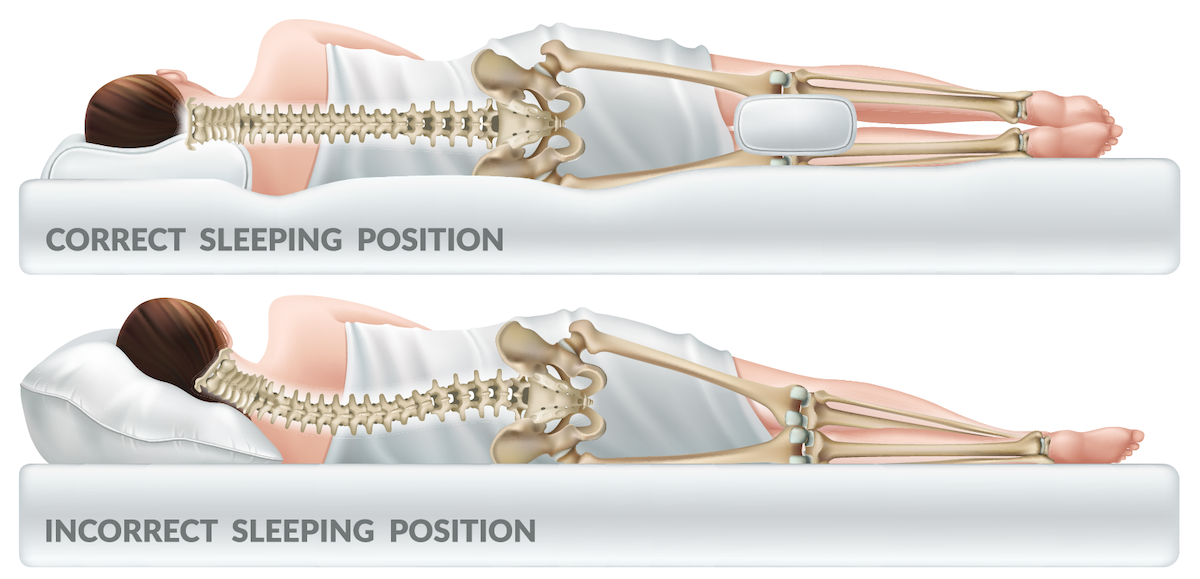

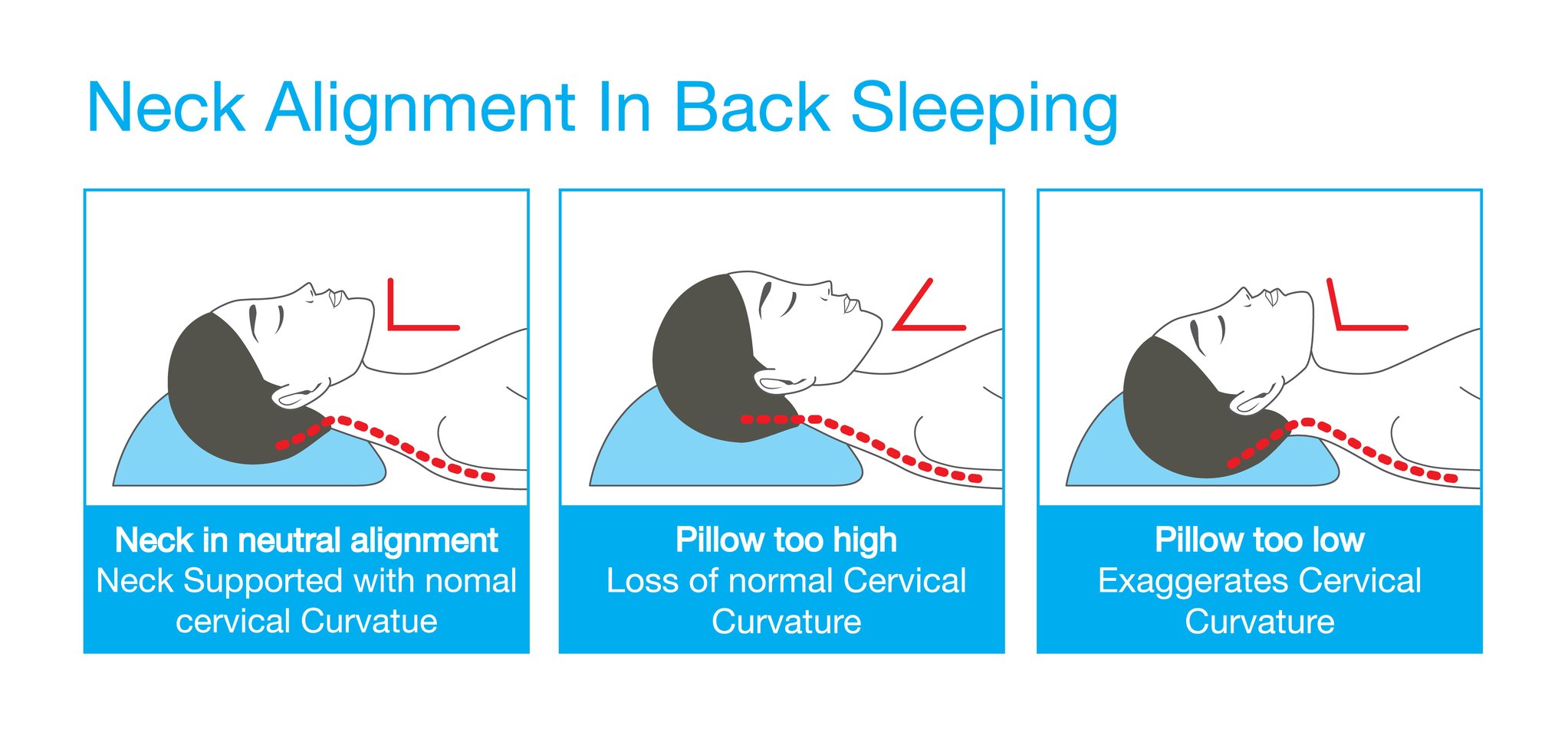




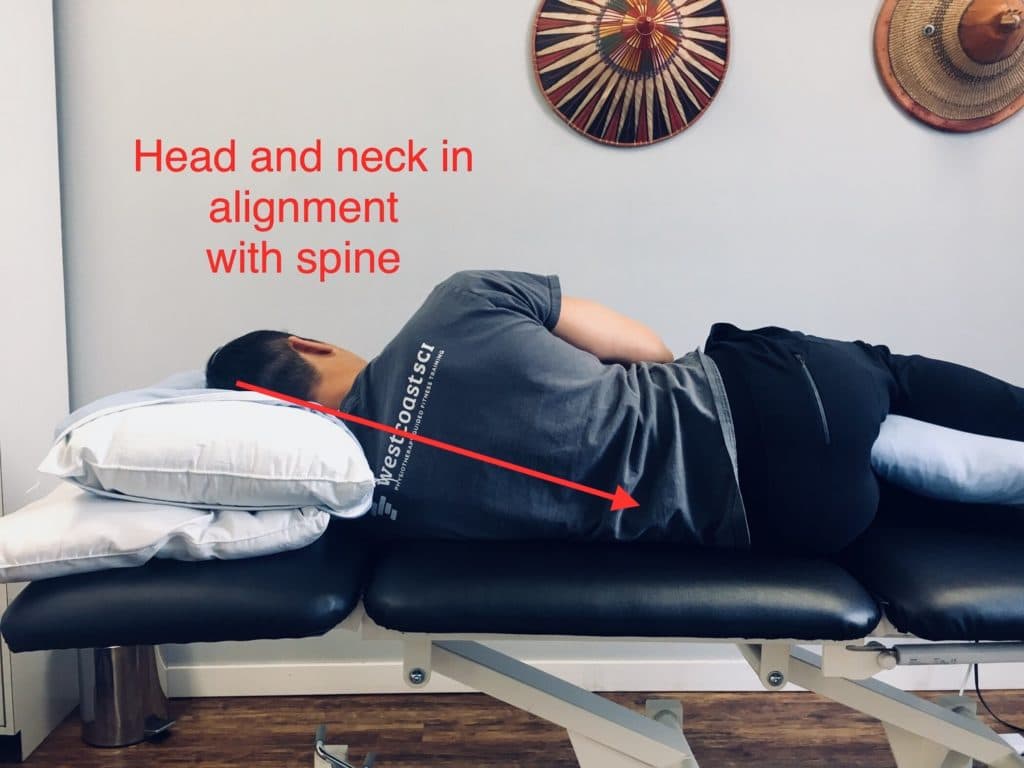















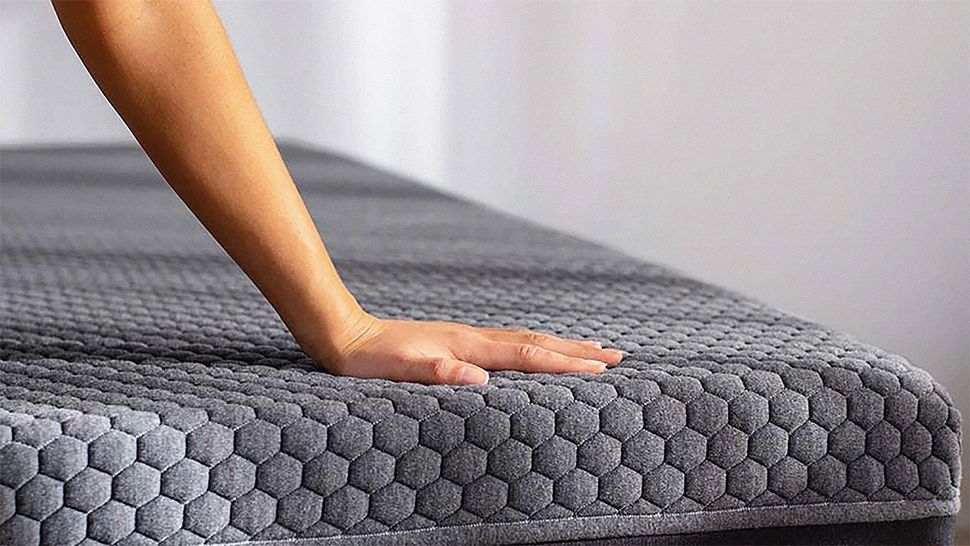


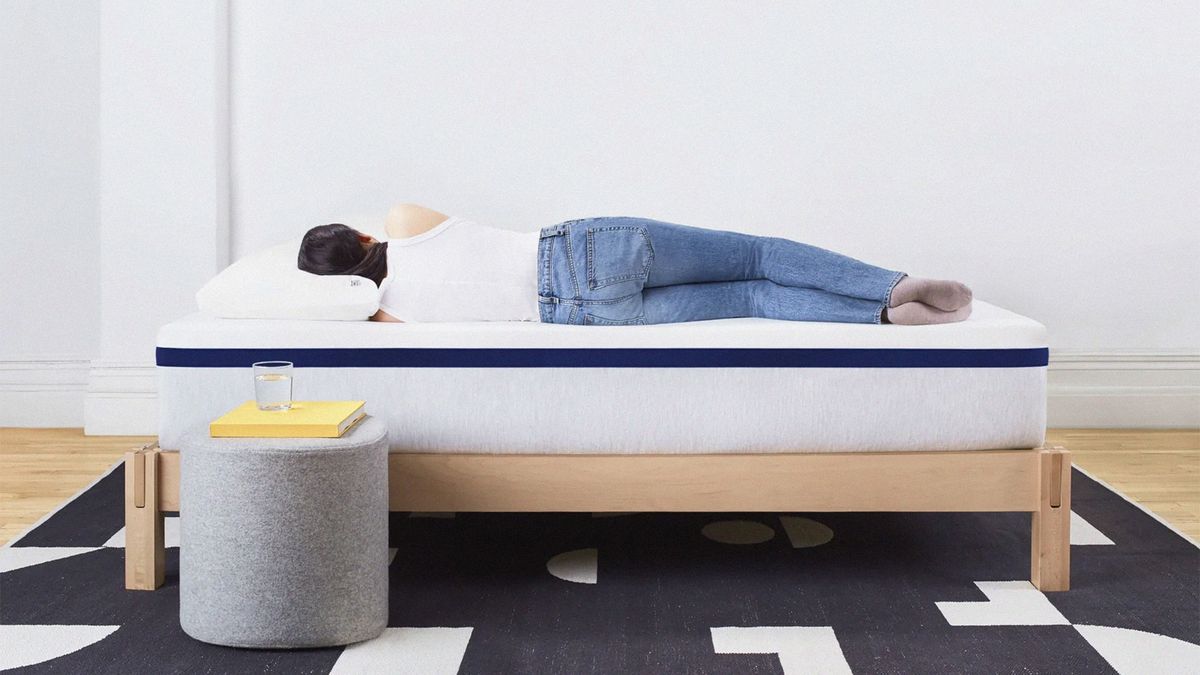

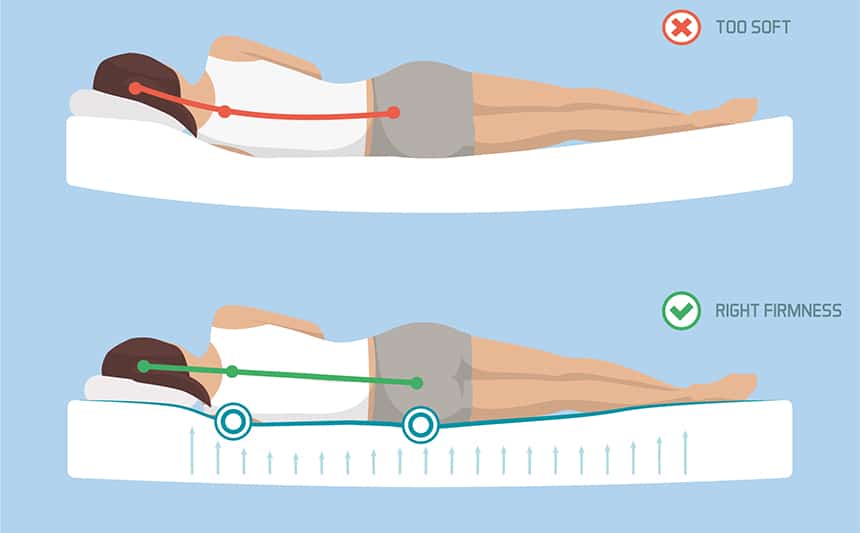







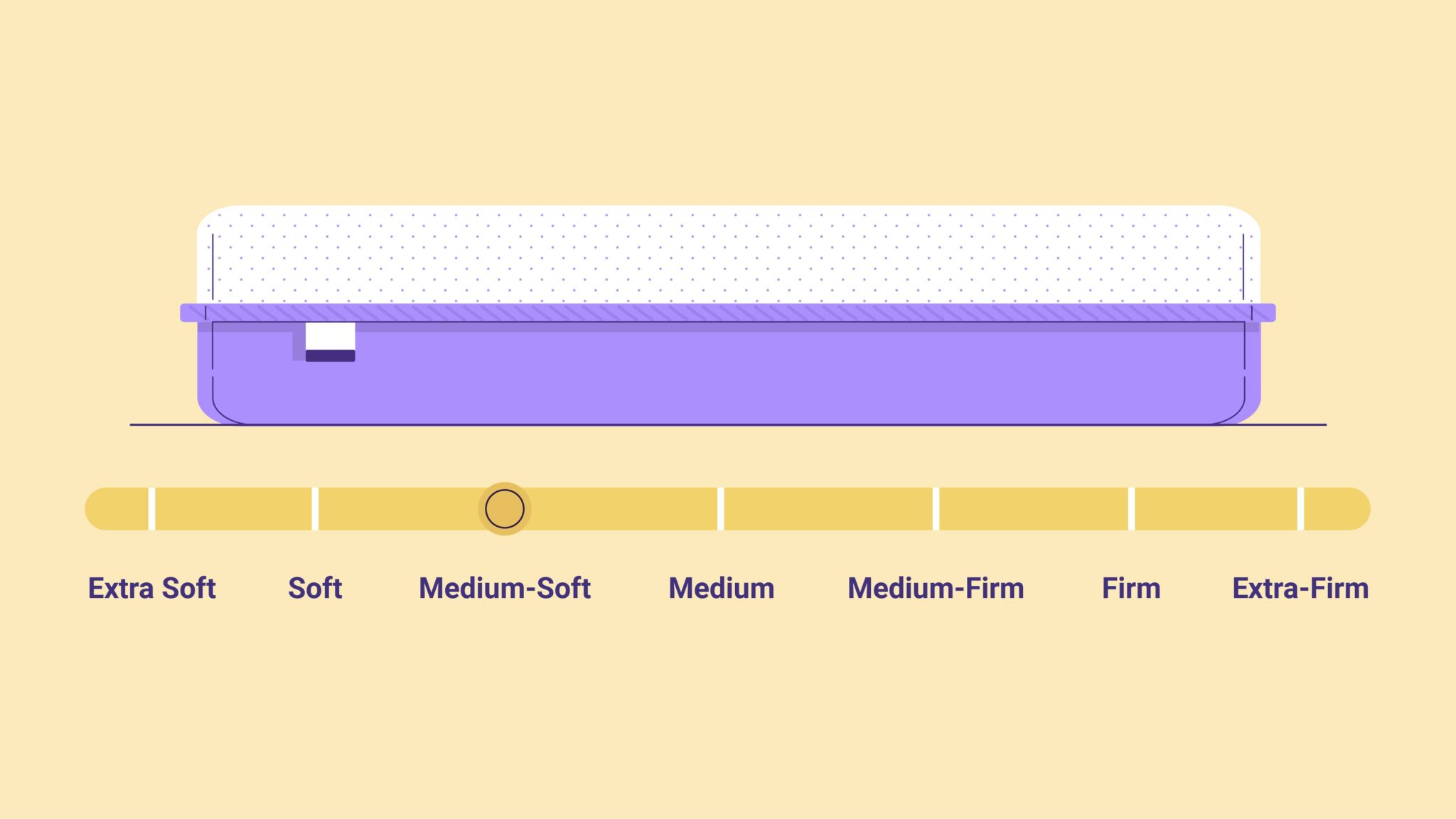

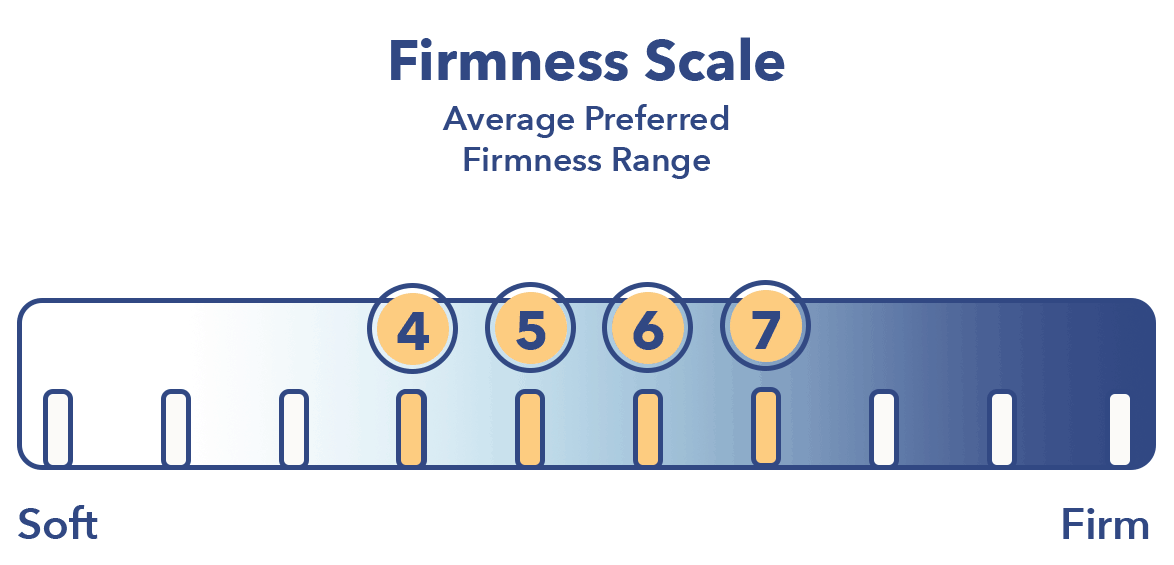

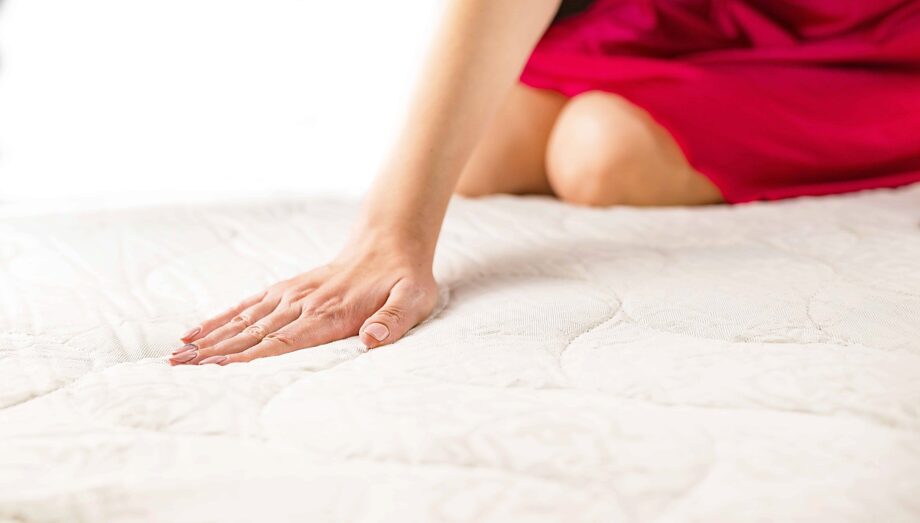
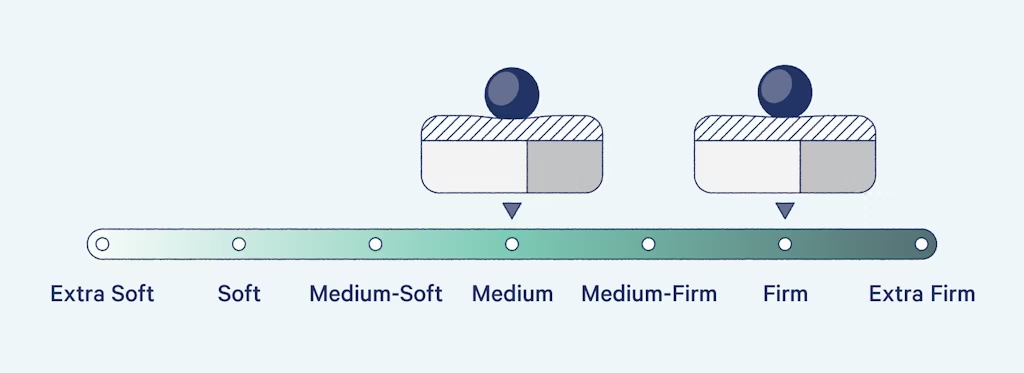



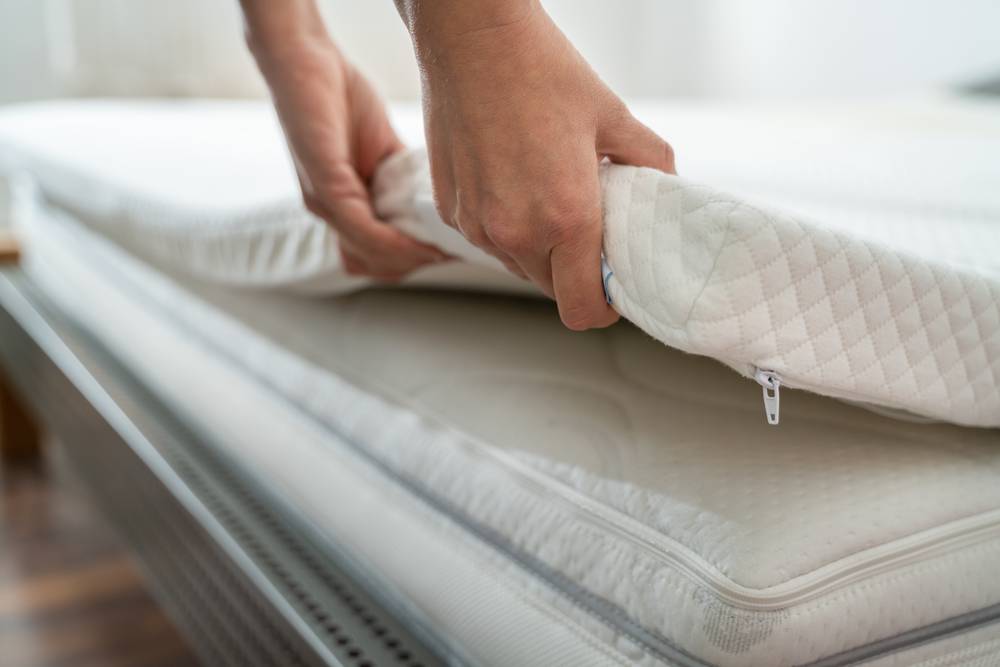
:max_bytes(150000):strip_icc()/SleeponLatex-b287d38f89374e4685ab0522b2fe1929.jpeg)





